Matthew 21:12-17
We know from rabbinic sources that the chief priest, Caiaphas, established markets inside the temple in order to compete with his political enemies who controlled the markets outside the temple. Jesus was not opposed to the necessary business of the money changers or those selling sacrificial animals, but he clearly objected to this new innovation that allowed it to happen right inside the temple – all sanctioned by the high priest himself.
In expelling both buyers and sellers, Jesus quotes the words from Jeremiah, “Has this house, which is called by my name, become a den of robbers?” The full passage from Jeremiah 7:9-11 also says, “Will you steal, murder, commit adultery, swear falsely… and then come and stand before me in this house… and say, we are delivered.” The marketplace certainly profaned the holy place of worship, but Jesus is also concerned that persons whose lives in no way conformed to the expectations of faith felt righteous and justified simply because they were inside the temple. With anger, Jesus rejects such an idea.
Matthew gives another side of the story by relating the positive actions of Jesus that day as He healed the blind and the lame in the temple. Matthew also tells of children who see the healing miracles and shout the same cries heard on Palm Sunday, “Hosanna to the son of David.” The blind, the lame, and the children – all representing marginalized people – experienced the miraculous presence of Christ, while the religious leaders expressed their opposition.
In cleansing the temple, some are expelled by Jesus, some object to Jesus, but others are invited even closer as Jesus displays care for those in need.
Prayer: Dear God, like the children in the temple, lead us to proclaim that salvation is found in you alone and not in the busyness of our lives, not even in the religious busyness of our lives.
Tom Graves
